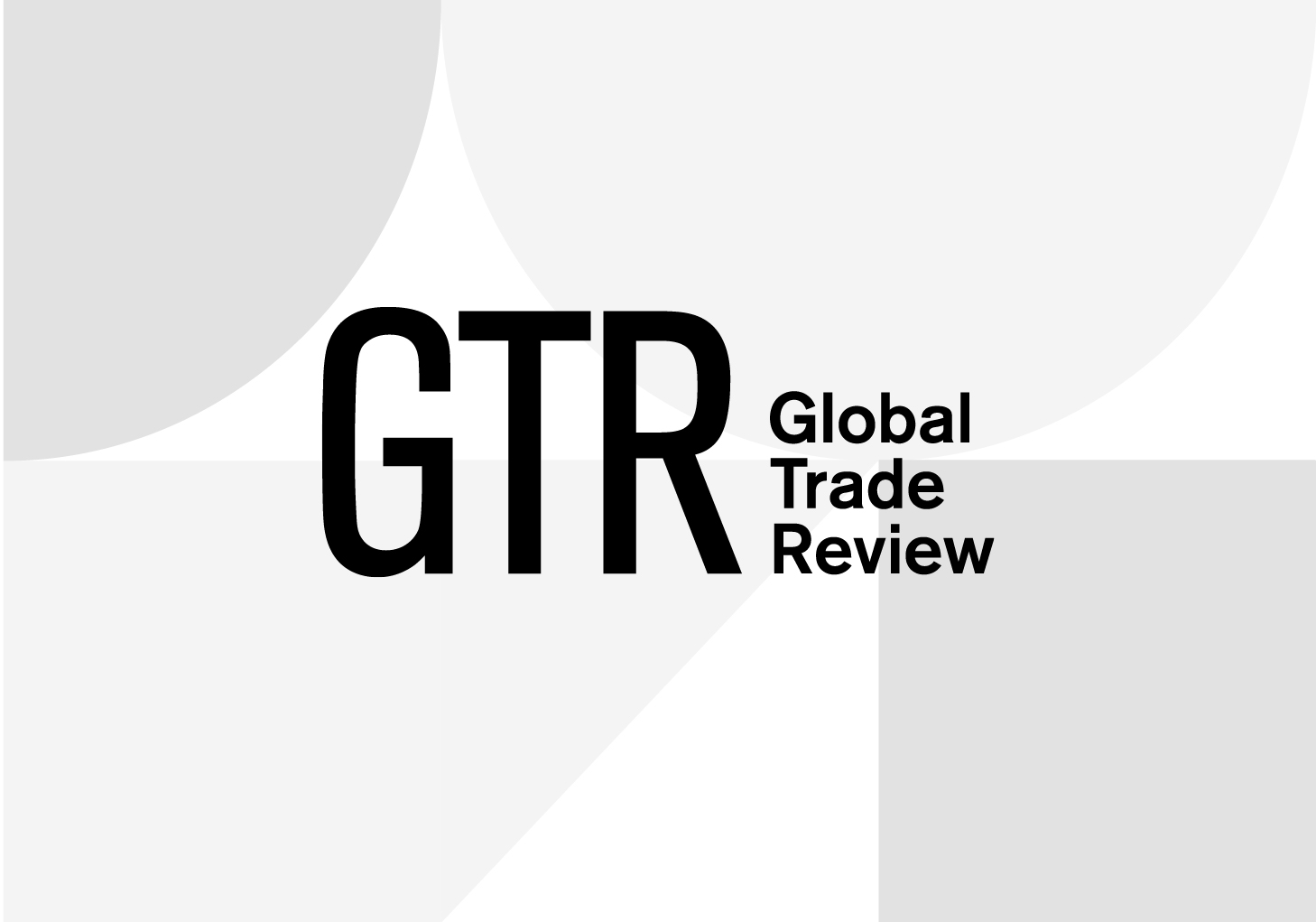Partners in the IFC’s global trade liquidity programme (GTLP) met on July 6 in Geneva to trigger the first disbursements to importers and exporters in developing countries.
The gathering took place at an event hosted by World Trade Organisation director-general Pascal Lamy and World Bank Group president Robert Zoellick to mark the launch of the GTLP following its announcement at the G-20 summit in April.
GTLP funds will start to disburse through the first four participating banks – Standard Bank, Standard Chartered, Rabobank and Citi – providing trade finance through a network of more than 500 banks in over 70 developing countries across all regions, says the World Bank.
Programme partners and banks, have already mobilised more than US$6bn. In terms of the funds made available to commercial banks, Citi has US$500mn (US$100mn from IFC), Standard Chartered has US$500mn (US$150mn from IFC), Rabobank has US$500mn (US$150mn from IFC) and Standard Bank, which has a different structure, has a trade credit line of US$400mn (with US$100mn from IFC).
On the sponsor side, the contributions are as follows: IFC – US1bn, African Development Bank – US$500mn, Canada – US$200mn, the Opec Fund for International Development – US$100mn, Saudi Fund – US$300mn, Netherlands – US$50mn, the United Kingdom Department for International Development and the CDC Group – US$75mn and DFID – US$300mn. JBIC and China have also contributed US$1.5bn in trade support on a parallel basis to the GTLP.
Speaking at the event, which was held as part of the World Trade Organisation’s second global review of Aid for Trade, Lamy said, “At the G-20 summit in London, leaders pledged to support trade finance. I am glad to show in the context of the Global Aid for Trade Review that we are on track. This is vital for developing countries, many of which have seen trade decrease for lack of availability and affordability of trade finance.”
Zoellick said, “As a result of the concerted efforts of the partner governments, development finance institutions, and banks, GTLP has quickly moved from concept to reality and will start to provide significant support for trade in developing countries.”
At a separate media briefing, Georgina Baker, IFC director, global financial markets, noted that the programme has raised a further US$1.5bn in addition to the US$1bn already raised by IFC’s partners in the programme. This brings the total contributed by sponsors to US$2.5bn.
However, according to its initial mandate, the GTLP aims to mobilise as much as US$5bn of resources from the participants. According to Baker, the IFC is working hard to raise the remaining funds, which they hope to obtain towards end of the year. “The next push is in Asia,” she said.
Baker added that the expected average deal size that the programme is predicated on, will be around US$100,000, with tenors of 180 – 270 days.
Global trade is expected to decline 10% in 2009, marking the biggest drop in at least 80 years. Developing countries, which are particularly dependent on trade, are especially vulnerable.
GTLP is designed to reduce that vulnerability by raising funds from international finance and development institutions, governments, and banks, and by working through global and regional banks to extend trade finance to importers and exporters.







